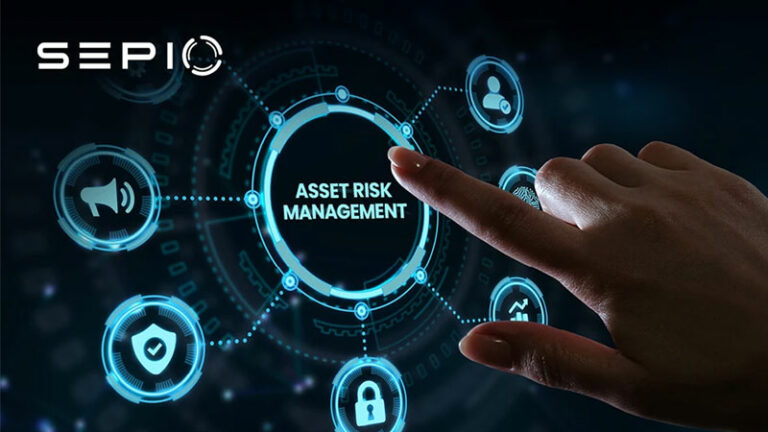In today’s complex business landscape, organizations must navigate a myriad of challenges, including hybrid workplaces, cyber-physical systems, and global operations. Amidst these challenges, effective asset risk management (ARM) and robust policies play a crucial role in safeguarding critical assets and sensitive data. However, a one-size-fits-all approach no longer suffices, and organizations must embrace granular policies and granular policy controls to address their unique cybersecurity needs. What may be allowed to connect at a certain site or in a certain country may be prohibited in its neighboring country. Using certain peripherals may be allowed for specific executives while banned for others. These different scenarios and use cases require a policy enforcement solution that can “play along” with business operations and avoid imposing a strict, rigid policy across the enterprise.
The Role of Granular Policies in Regulatory Compliance
Operating globally exposes organizations to various regulatory requirements. Compliance with these regulations is non-negotiable, as failure to adhere to them can lead to severe consequences. For instance, the GDPR imposes strict data privacy regulations on companies processing EU citizens’ personal data, regardless of their location. To navigate these complexities, organizations must implement granular policy controls that ensure compliance while allowing for flexibility in different jurisdictions. These granular policies allow organizations to stay compliant with regulations while adapting to the local nuances of each market.
Navigating the Complexity of Compliance
Each compliance regulation demands a distinct approach. Organizations must understand the regulatory landscape in each jurisdiction and develop granular policies that cater to the unique requirements of each region while ensuring consistency across the organization. Additionally, critical systems or data hosted in specific locations may require enhanced controls, balancing accessibility for remote team members with higher security levels. This customization is a key benefit of granular policies, which offer the flexibility to meet diverse compliance standards.
Addressing the Challenges of a Hybrid Working Environment
The current hybrid work environment presents new cybersecurity challenges, as assets become more exposed to external threats. Employees working remotely, accessing sensitive data through unsecured networks, or using personal devices introduce vulnerabilities. To mitigate these risks, organizations need granular policies that define clear boundaries and access levels for different work environments, employees, and devices. Implementing measures such as multi-factor authentication, data encryption, and advanced threat detection tools, alongside granular policies, ensures that security measures align precisely with the organization’s needs, reducing vulnerabilities and reinforcing trust.
Cybersecurity Risk Mitigation
Organizations must identify the unique risks in their environment and implement appropriate controls to address them. Conducting regular security assessments, implementing data encryption, and providing employee cybersecurity training are essential measures. It’s also crucial to stay proactive and adapt to emerging threats, without overwhelming the organization with excessive data.
Embracing Granular Policies as the Solution
In conclusion, a tailored approach is necessary to address the dynamic cybersecurity landscape. Granular policies offer a practical solution by breaking down policies into smaller, more specific rules. This approach allows organizations to customize their security measures to suit their environment’s unique needs, striking a balance between security requirements, operational efficiency, and flexibility. Granular policies also enable consistent enforcement across different systems, networks, and applications, reducing the risk of human error and minimizing cyber threats.
To learn more about the benefits of granular policies and how they can help your organization address its unique cybersecurity challenges, feel free to reach out to us and schedule a demo. We’re here to support your journey towards effective risk management.






